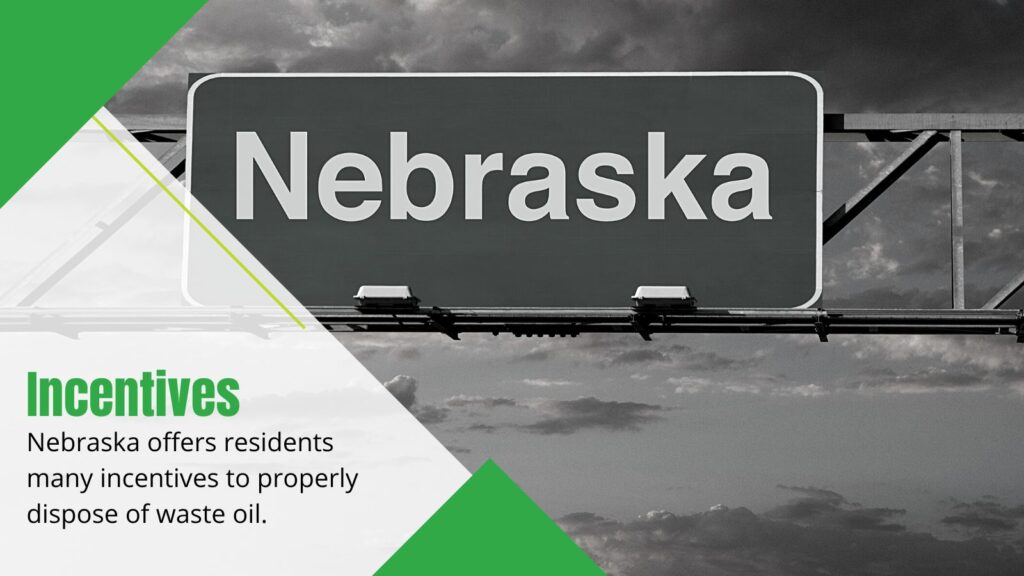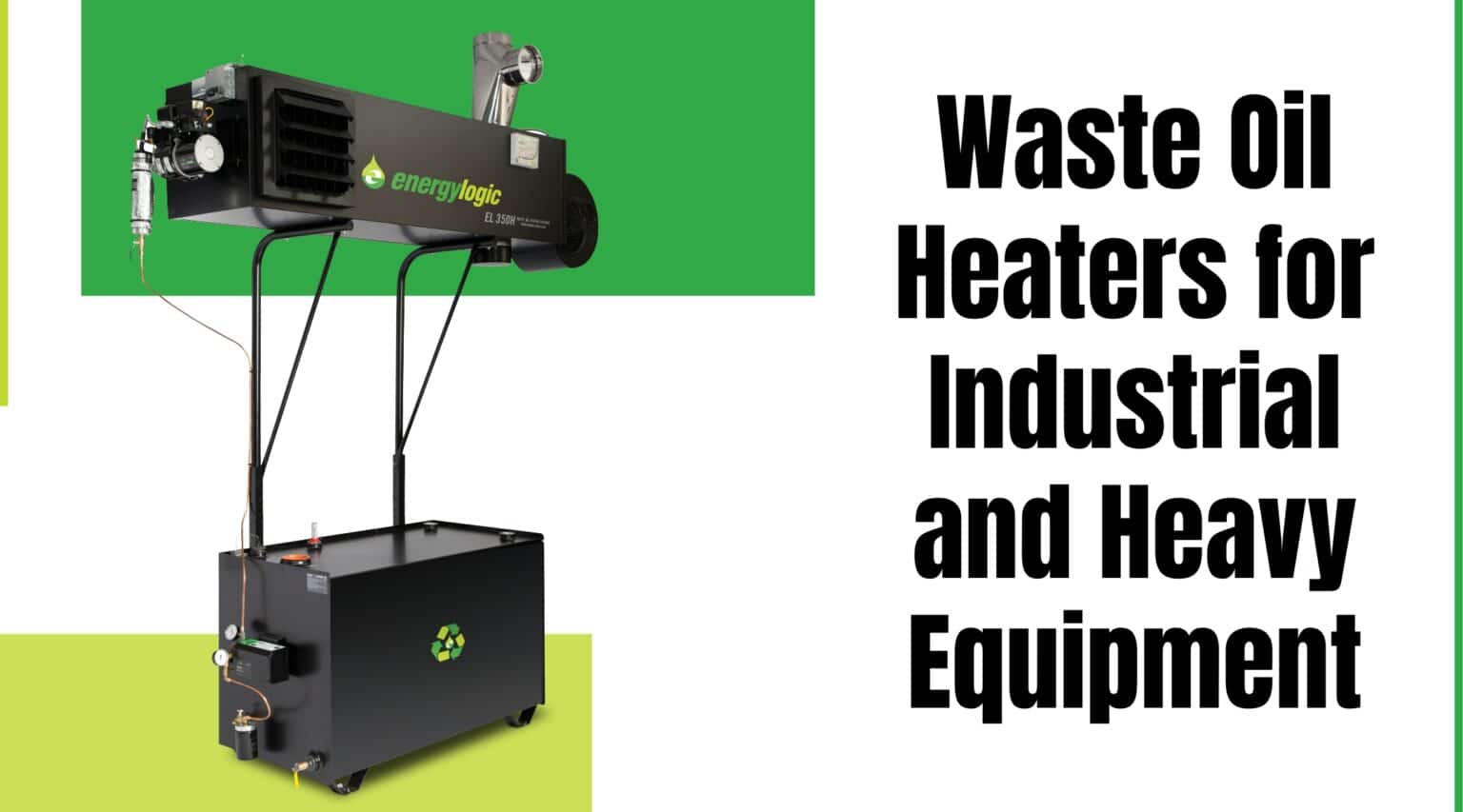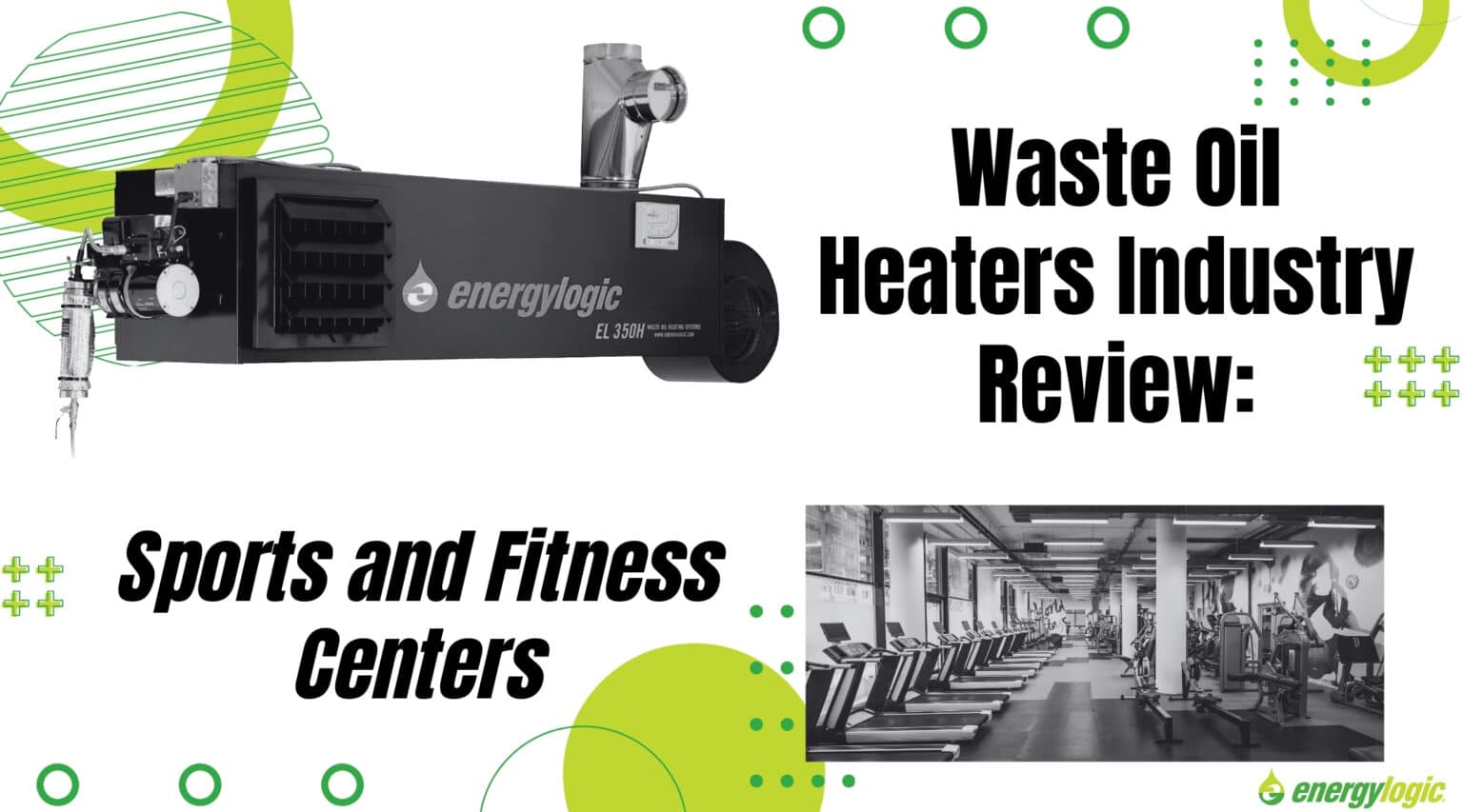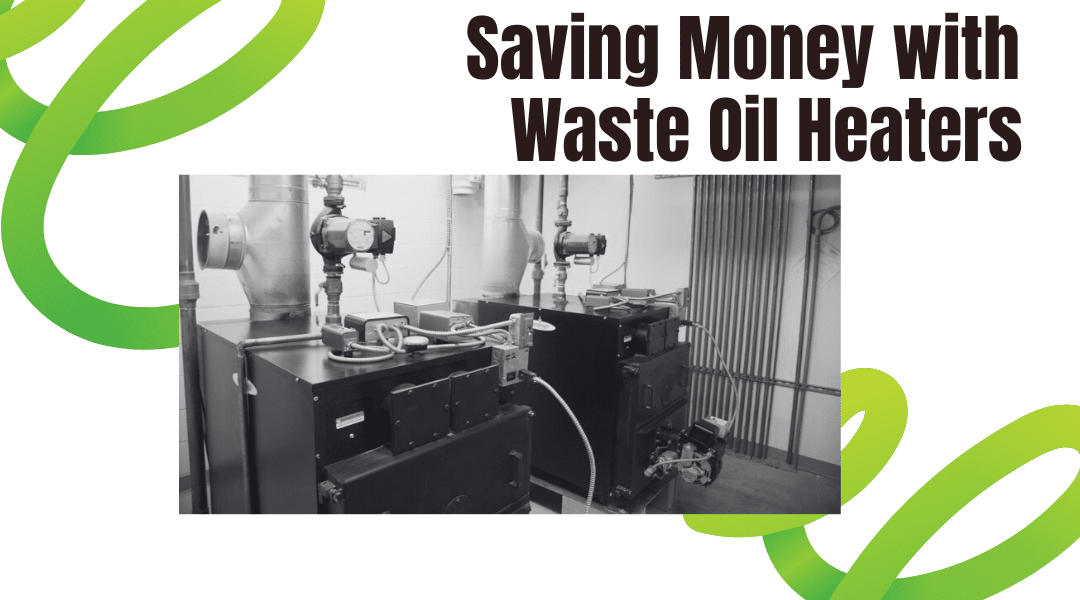Numerous businesses across the United States, from car repair shops to service stations, generate used oil. That waste oil has to go somewhere. Sadly, an estimated 200 million gallons of used motor oil is improperly disposed of each year in the US. Waste oil gets poured down drains, tossed in the trash, or dumped on the ground.

To reduce improper disposal and protect groundwater from contamination, Nebraska offers residents many incentives to properly dispose of waste oil. First, the state facilitates recycling activities with many used oil collection facilities. Additionally, the state rewards businesses that invest in recycling and energy recovery equipment and programs.
Since state and federal laws require waste oil to be disposed of in an environmentally friendly manner, learning more about used oil programs can help individuals and businesses make informed decisions about oil management.
Nebraska’s Waste Oil Management Laws
Rural Nebraska alone produces around five million gallons of used oil every year, making waste oil programs necessary for environmental quality management. Although not all used oil is considered hazardous, most of it does contain hazardous chemicals and heavy metals. When released back into the environment, the hazardous materials can contaminate ground and drinking water, causing health and wildlife problems. For this reason, Nebraska’s waste oil management laws stipulate that residents may not dispose of used oil in landfills, conventional waste management facilities, or in the outside environment.

All commercial oil generators (e.g., automotive businesses, service stations, delivery businesses, and other businesses) must store their waste oil according to state guidelines. In addition, generators must only use well-maintained oil containers. For specific information on local codes, businesses can contact their local fire departments.
In addition to transferring waste oil to a collection facility, businesses may burn used oil they create themselves or that they collect from DIYers. If organizations choose to use industrial furnaces and boilers to burn used oil, these systems must comply with state air pollution regulations.
State Waste Reduction and Recycling Grants
Unlike some states that only regulate the use and recycling of waste oil, Nebraska also offers incentives to help businesses make environmentally friendly decisions. At the forefront of these incentives is a broad waste reduction and recycling grants program. In fact, in 2021 alone, Nebraska’s Department of Environment and Energy awarded $6.7 million in grants to support waste and litter reduction, recycling, and scrap tire projects across the state.

The grant money comes from several sources, including solid waste disposal fees, retail business sales fees, and a fee on new tire sales. In 2021, 31 projects were funded under the Business Fee and Disposal Fee categories of the Waste Reduction and Recycling Incentive Grants program. The grantees were able to put the funding toward the purchase of waste oil heating systems, hazardous waste education programs, recycling containers, waste shredders/grinders, and more. Organizations interested in applying for a 2023 grant can complete the application process online at the Nebraska state government website.
Used Oil Management Tips for Businesses in Nebraska
Those operating businesses in Nebraska can enhance their waste oil management programs in the following ways:

- Create environmentally friendly policies. First, understand and comply with state and federal laws to keep used oil out of the environment. Next develop a waste oil management plan that employees can use to minimize the impact of leaks and maintain used oil storage containers.
- Explore grant eligibility. With grant funding from the state, many automotive businesses can invest in high-efficiency used oil heating systems for energy recovery.
- Install a waste oil burner and an HVLS fan. A waste oil system that complies with state and federal regulations can provide free, comfortable heating during the winter months, and an HVLS fan provides cooling during the summer.
- Reduce waste oil accumulations. Consider using oil analysis systems to determine if and when oil changes should take place. Conserve oil and maximize recycling and energy recovery practices with an efficient oil changing process.
Few states offer incentives for investing in cost-effective and environmentally friendly waste oil burning systems, but Nebraska is one of them. As a result, used oil transforms from a nuisance to an asset when you consider the available recycling and energy recovery opportunities.
Sources:
http://deq.ne.gov/Publica.nsf/pages/was066
http://www.deq.state.ne.us/Publica.nsf/23e5e39594c064ee852564ae004fa010/72f862774c7513428625690a006ce563!OpenDocument




